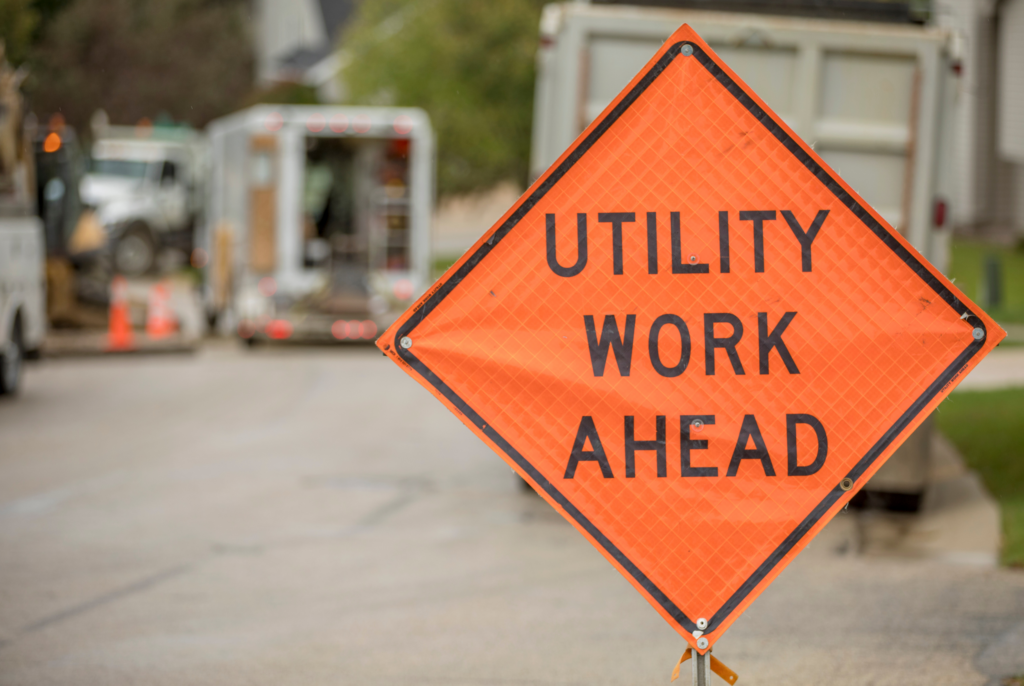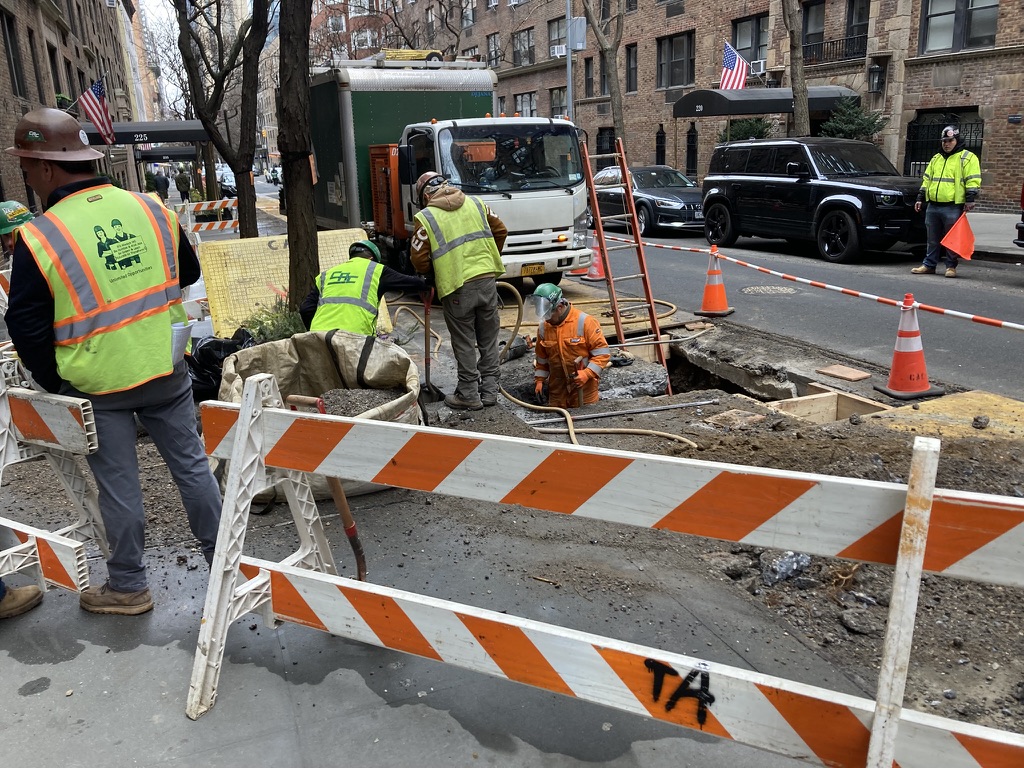A federal law enacted in 1974 to safeguard public health by regulating the nation’s public drinking water supply. The SDWA authorizes the U.S. Environmental Protection Agency (EPA) to set and enforce national standards for drinking water quality, oversee state and local drinking water programs, and establish funding mechanisms, such as the Drinking Water State Revolving Fund (DWSRF), to support infrastructure improvements.
Related Content
- Make a Financial PlanDevelop a thoughtful, long-term funding and financing plan to ensure adequate funding for full lead pipe replacement.
- Make a Financial PlanDevelop a thoughtful, long-term funding and financing plan to ensure adequate funding for full lead pipe replacement.


